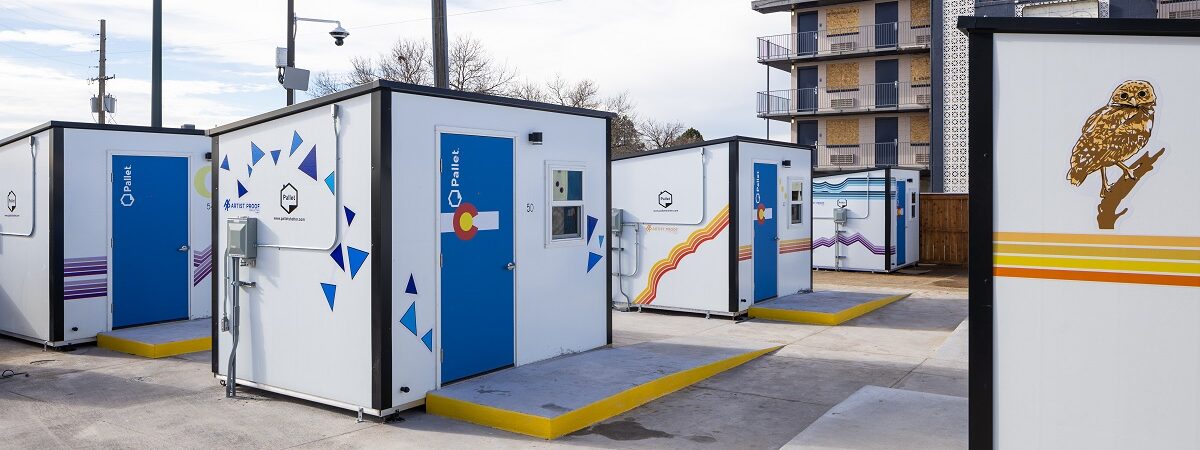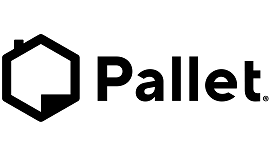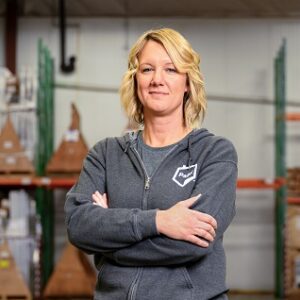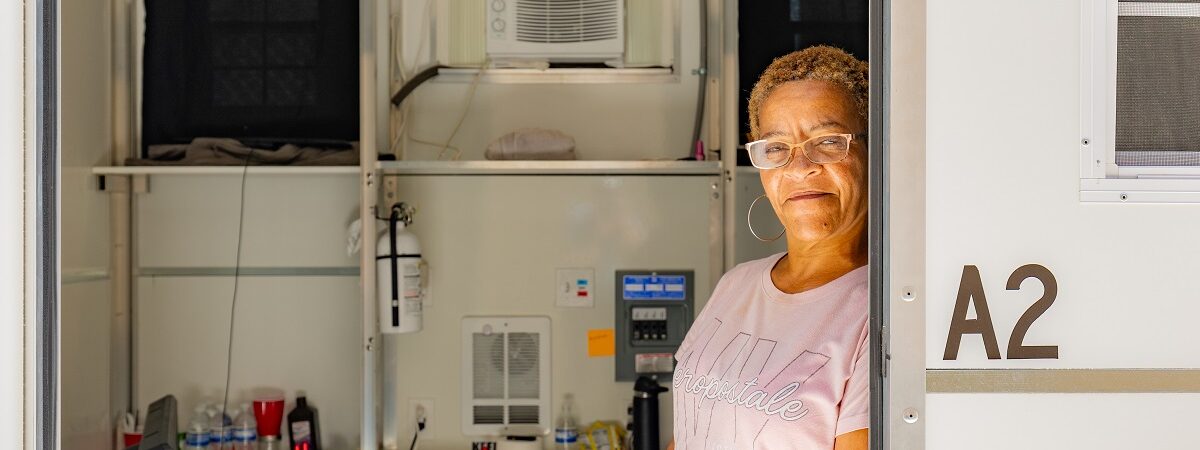
Pallet
Model & Strategy
Pallet is the leader in non-congregate emergency shelters, committed to giving people a fair chance at employment that creates pathways for careers in the trades. Pallet’s purpose-led workforce model ensures empathetic and differentiated product design and model implementation. Today, thousands of Pallet shelters provide safety and dignity to individuals and families across North America, from unhoused populations to disaster evacuees, offering them a stable space in which to build — or rebuild — their futures.
The Problem
In times of crisis, shelter becomes a critical need. While congregate shelters — generally established in large open settings like schools, churches, community centers, and armories, and providing little to no individual privacy — provide an immediate solution for displaced people, non-congregate shelters offer greater safety, stability, and dignity. These shelters are especially important during catastrophic events, supporting individuals as they transition to permanent housing.
In the United States, over 650,000 people are currently experiencing homelessness, with more than 40% living unsheltered. The trauma of being without stable housing makes it difficult to engage with service providers and adds layers of challenge for individuals seeking to regain stability and employment. At the same time, catastrophic climate events and global conflict are on the rise, destroying existing housing supply, displacing populations with no warning, and uprooting entire communities.
The Solution
Pallet is committed to preventing and reducing homelessness by providing high-quality, rapid, scalable shelter solutions that foster a supportive, healing environment and help communities build resiliency. Through government and private sector partnerships, Pallet offers dignified, transitional housing in shelter villages, which include wrap-around services to help residents quickly transition back into stable housing and employment.
Designed with input from their fair chance workforce, more than 80%of which have lived experience with homelessness, Pallet’s patented shelters and village model prioritize comfort, security, and community connection. Each shelter includes features like locking doors, windows, storage, electrical outlets, and basic safety features. Pallet products utilize a panelized design, making them easy and cost-effective to ship, deploy, store, and move. Structures assemble in under an hour using basic tools and can be cleaned and reused for up to 20 years. This cost-effective asset can help government and human service agencies prepare for worst-case scenarios and be ready to house their community members when a crisis strikes. To promote a safe sense of community for residents, Pallet’s shelters are configured in villages offering accessible, 24/7 wraparound support services, access to showers and laundry, and more. These villages maintain the dignity of personal space while providing a community healing environment to support residents on their path to permanent housing.



Amy is an experienced and passionate social entrepreneur with a history of building successful companies that provide meaningful social impact and positive financial returns to shareholders. She co-founded Square Peg Construction in 2014 and Weld in 2016, exposing her to the stories of system-impacted individuals. It was through these stories that Amy became passionate about removing opportunity barriers for those reentering society. Amy’s background is in psychology and human services.

Impact
Pallet works in 31 U.S. states and three Canadian provinces and has deployed over 5,000 shelter beds in 119 cities.
Over 51% of Pallet’s team (and 85% of its manufacturing team) has lived experience with homelessness and/or justice system involvement.

